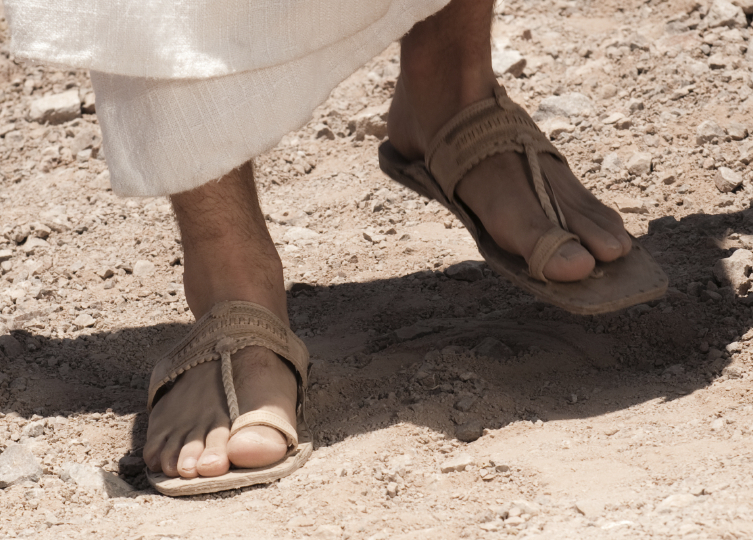While at the car dealer to get my truck repaired, I also met the new car manager. He was a young man to hold such a position. He asked me what I did for a living. I allowed him six questions before I gave him my answer. After six questions, he was not even close. So I told him, years ago I played professional golf. He said that he was an avid golfer and had played on his high school golf team. I told him that I had something to give him. I took a gospel presentation that I had written for golfers called, “Good News About Fundamentals,” out of my briefcase. I also added a personal note and gave it to him. He was very appreciative.
When I travel I try to keep two gospel tracts with me. Because I played professional golf for twenty years, I carry the golf booklet with me. The Lord gave me that idea thirty years ago, and I have given out thousands of those gospel presentations. It has golf tips on every page, and then a part of the gospel message that ties in with the golf tip. It has been an effective tool. The other gospel tract that I carry with me is Billy Grahams, Steps To Peace. It is an excellent bridge illustration of the gospel. It was the primary tool that I used in prison ministry. It is clear, precise, and an excellent gospel presentation.
I make an effort to keep my briefcase stocked with a few gospel presentations because we are exhorted to shod our feet with the preparation of the gospel of peace. (Ephesians 6:15) We have to be prepared. There are a few steps that are important in shodding our feet with the preparation of the gospel. First, we should be familiar with the gospel message. Get familiar with a good gospel tract, like Steps To Peace, so that you can share it. Second, carry gospel tracts with you. Third, look for opportunities that God will bring to you. Fourth, ask God for springboards into conversations so that you can share the gospel. God will use you and I when we shod our feet with the preparation of the gospel.










